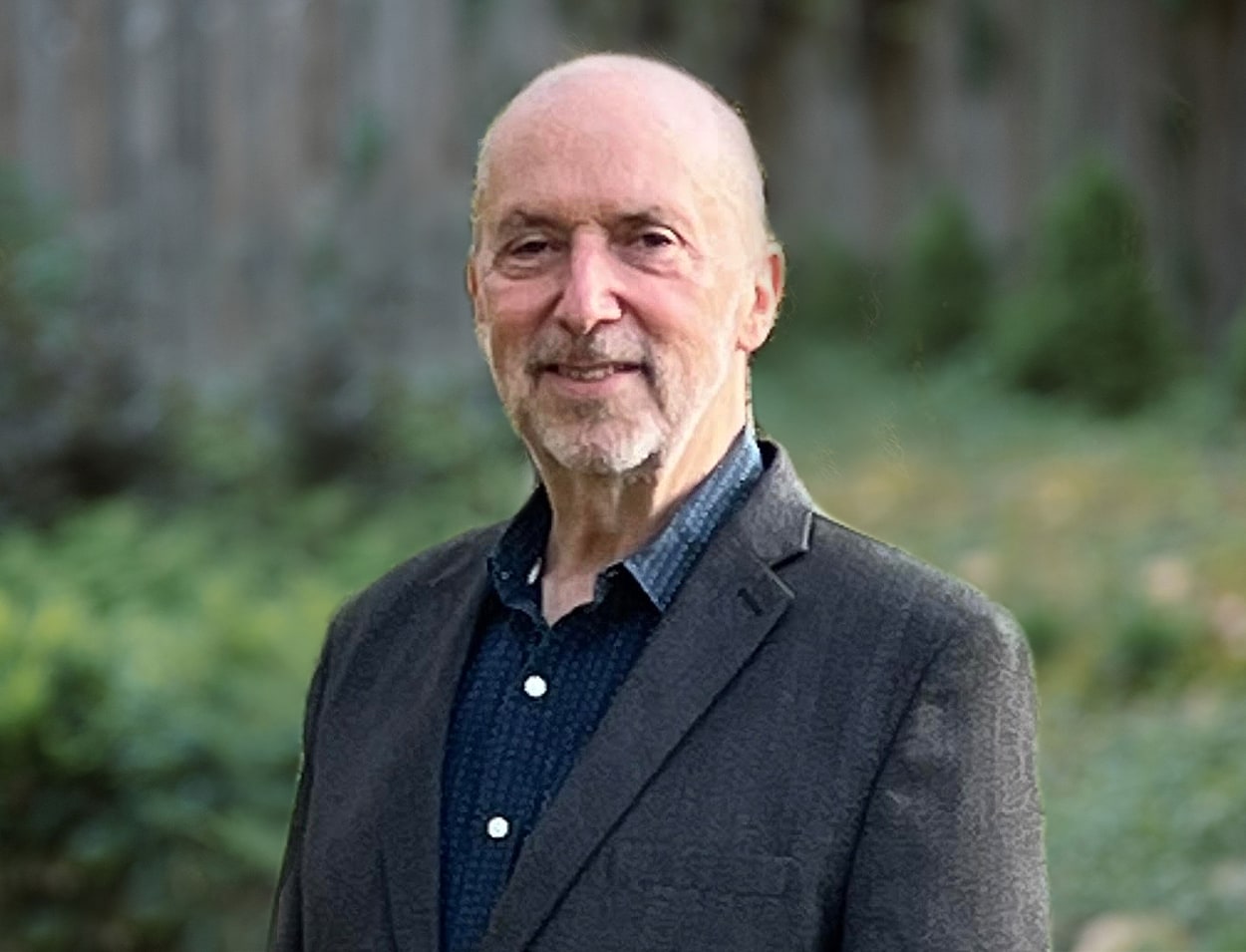“Part consultant, part motivational speaker, part therapist and part friend, coaches work with managers, entrepreneurs and just plain folks, helping them define and achieve their goals – career, personal or, most often, both.” – Newsweek
As the Newsweek excerpt suggests, conventional coaching, used effectively, reveals clients’ unique gifts and possibilities and helps them take focused, effective action to bring them in to the world.
What then, is pastoral coaching? I think of pastoral coaching as “whole-person” coaching. Just as holistic health care focuses on the whole person, not merely treating or suppressing symptoms, I find that a whole-person approach to coaching acknowledges dimensions that go beyond our roles and goals. Conventional coaching engages the client’s intellectual, emotional, and psychological resources to achieve their goals. As a pastoral/whole-person coach, I try to ensure that the client’s goals are also informed by the spirit.
Many of my clients arrive with similar complaints, e.g., “I can’t figure out what I want.” “I can’t stay motivated.” “I can’t commit to one goal.” From a pastoral/whole-person perspective, I see two reasons for this:
(1) Conventional coaching works with goals that, in my opinion, are formulated at a fairly superficial level, raising the question of who or what is formulating the life goals in the first place. My own history and my experience with clients indicate to me that there is a life that wants to be lived through us and it cannot be manufactured by the mind. It must be discovered. When the client is attuned to the spirit, their goals possess depth, “juice,” and endurance.
(2) As G. I. Gurdjieff observed, “We are not one.” Gurdjieff believed that the chief human illusion is that we ascribe psychological unity to ourselves, when in fact we are comprised of many ‘I’s, each with its own interests and agenda. Psychologists Hal and Sidra Stone agree: “Each self has its own way of viewing the world, its own perceptions, its own beliefs and rules, and its own specific history.” They add, “Recent advances in functional neurological imaging suggest . . . the different selves may well represent webs of neuronal pathways that have developed over time as a result of repetitive experiences or actions.” The Stone’s coaching and therapy aid, Voice Dialogue, enables the trained facilitator to make the client aware of this “inner family” and rally its members around one set of goals.
Considering all this, I believe pastoral/whole-person coaching should help clients understand and embrace what is being asked of them at the soul level and to use tools such as Voice Dialogue to encourage unity of purpose and consistent action toward their goals.

